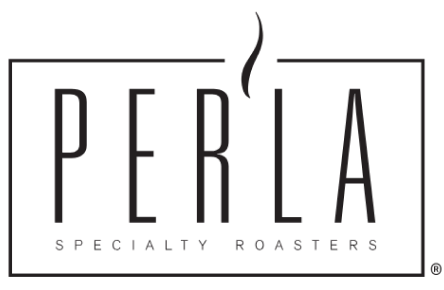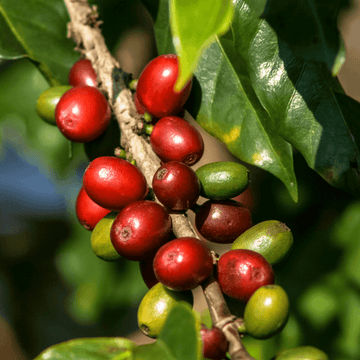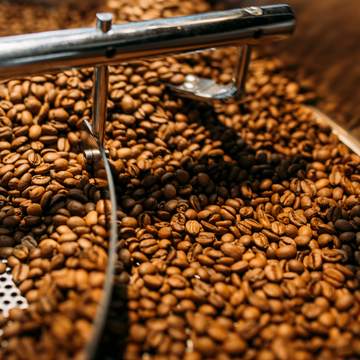Specialty coffee drinkers, are you interested in the ethics, sustainability, and origins of
the coffee you drink?
Since the 1990’s, there has been increasing concern about the socioeconomic and environmental impacts of the coffee industry. These concerns have led to ‘social auditing’ of coffee companies and their sourcing methods, and in turn coffee brands use terms like ‘organic’, ‘ethical’, ‘fair trade’, and ‘direct trade’ on packaging, but these terms can be confusing or misleading to consumers; so what exactly do they mean?
Fair Trade
This certification comes directly from the Fair Trade USA organization. Fair Trade USA
establishes certain criteria and standards for traders, importers, exporters, and manufacturers of green coffee. These standards include things like ensuring safe working conditions for harvesters and workers at washing stations as well as wages, which may be stricter and higher than what local labor laws have established.
Additionally, environmental protections are evaluated by the Fair Trade Association “to minimize environmental impact while ensuring economic viability for farmers.” These environmental standards include things such as limiting fertilizers, pesticides, deforestation, and loss of biodiversity through teaching farmers and providing them with the resources to maintain more sustainable coffee farms.
Companies who wish to become Fair Trade Certified must apply with the Fair Trade
USA organization and pay dues as well as meeting the Fair Trade criteria. This certification is promoted as increasing brand exposure and displaying to consumers the ethical standards and high quality of the product. This can make consumers more likely to purchase the product or even allow the brand to charge higher prices for their coffees due to the promise of high quality and standards of ethics and environmental protection. These certifications show consumers a level of corporate social responsibility that the ‘social audit’ calls into question.
Additionally, Fair Trade USA claims that their certifications and work in the coffee industry serve to strengthen supply chains through providing better opportunities for coffee farmers and workers that allows them to operate more efficiently and maintain profitable farms for longer. Some labor unions have called into question the legitimacy and efficacy of some of Fair Trade’s standards, claiming that they do not come directly from workers and often ignore genuine worker issues or serve to placate consumer concerns about ethics without enacting meaningful changes.
Direct Trade
At Per’la, we practice Direct Trade. This means that we work directly with the farms we
source our green coffee from, avoiding intermediaries, ensuring fair working conditions and strong supply chains. Direct trade allows us to put money in the hands of farmers and farm workers themselves, so that they retain the most profit for their product.
Farmers are estimated to earn 1% of the price of retail coffee, being around $0.04 per $4 cup of coffee. This method of sourcing can avoid additional fees on both parties for things like processing and transportation to keep as much money as possible on the table for coffee producers. A lack of stability and awareness of the coffee market on the side of farmers can also be improved through direct trade, allowing us to negotiate fair prices and maintain a sturdier foundation for pricing rather than being purely dictated by stock prices and the commodities market. This helps us keep costs more stable for consumers as well, especially at a time where coffee prices are rapidly increasing.
Direct trade also helps us to build trust with farmers, ensuring that we have insight into
agricultural practices and quality control on the farms. We can candidly discuss any issues they incur, and collaborate on how to best support them and their communities in the ways that they actually need. While direct trade is not a formal and structured system overseen by a larger body like the Fair Trade Association, this allows us to take specific actions for problems that farmers face as they come up, rather than following generalized standards that may not be as effective across different countries or regions.
These strong relationships bolster our supply chain and allow us to better support the farmers that put in so much work to grow the delicious coffee that we then roast to perfection.
From the coffee cherry to the finished brew in your cup, at Per’la we want to make sure
there is care in your coffee at every step of the process!




